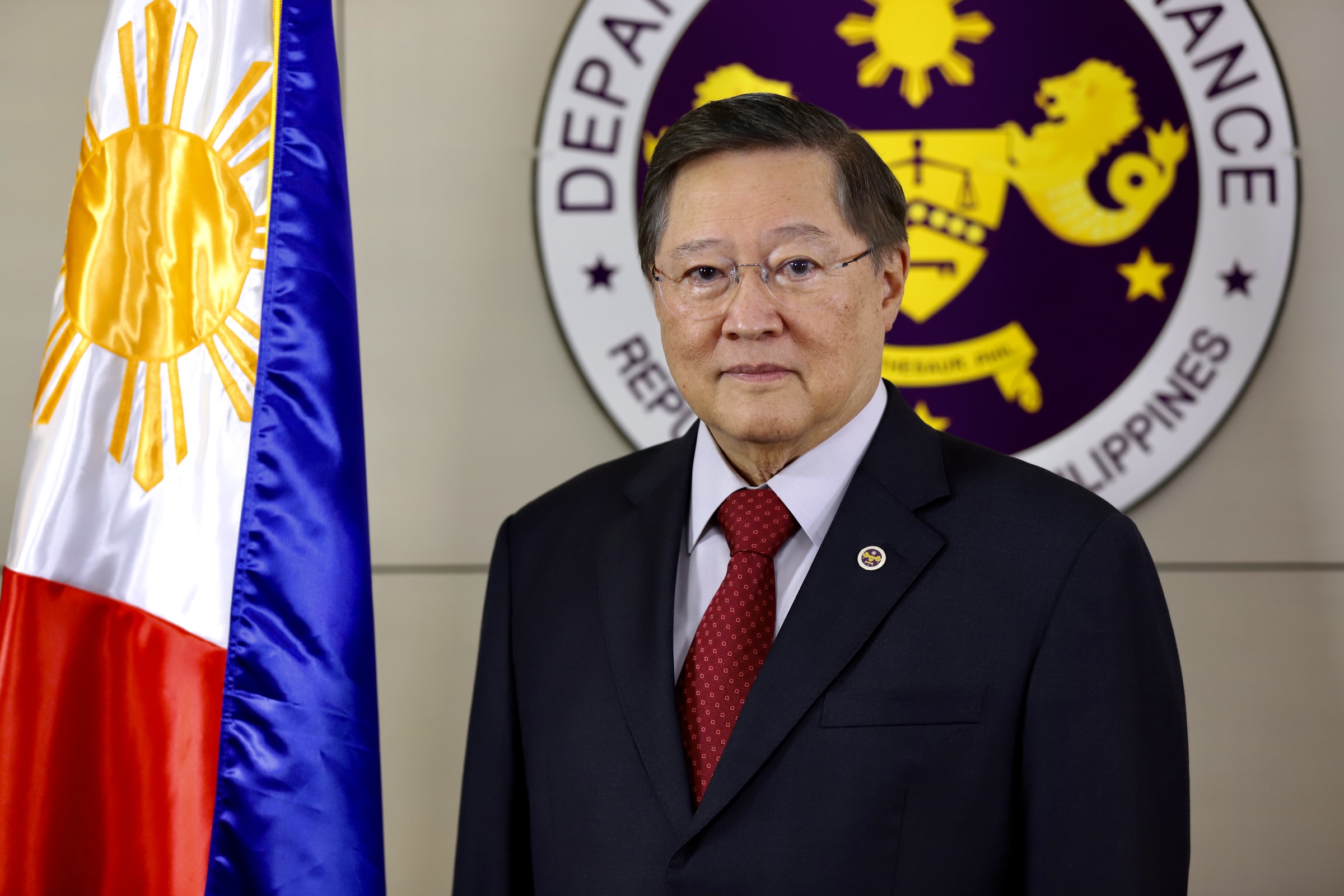MANILA, Philippines—The incoming administration of Ferdinand “Bongbong” Marcos Jr. may consider closing down the Ninoy Aquino International Airport (Naia) and then selling the vast tract of land it sits on to raise more government revenues, President Rodrigo Duterte’s chief economic manager said.
In an interview, Finance Secretary Carlos Dominguez III said proposed fiscal consolidation and resource mobilization plan aimed at generating more tax revenues to repay ballooning COVID-19 debts was not heavy on privatization because “the assets that we have left are not that much anymore.”
Dominguez said that besides at least a couple of idle mines, only the state-run Philippine Deposit Insurance Corp. (PDIC) have pieces of property ready for disposition.
In a notice on its website, the Department of Finance (DOF)-attached Privatization and Management Office (PMO) said it wanted to appraise the value of the following assets in its disposition pipeline: Basay Mining Corp.’s copper mines in Negros Oriental and lands once held by Elorde Sports Tourism Development, Emmanuel Community Hospital, Landoil Resources Corp., Leyte Park Hotel and Resort, Paragon Paper Industries Inc. and the abolished Metro Manila Commission.
Asked if the next administration may consider Naia giving way to new and bigger airports in Clark and Bulacan, then selling the property, Dominguez replied: “That is a definite possibility.”
“We had thought about that since 2016. But we have to see first how the development of the alternative [airports] to Naia is developing,” Dominguez said.
Dominguez noted that Clark’s airport, for instance, was already “too far” from Metro Manila. “You have to tie it up also with the development of the North-South railway” connecting central and southern Luzon, he added.
Dominguez had said Naia has the potential to be developed as a mixed-use space.
In 2020, tycoon Ramon S. Ang, who’s bankrolling the massive “airport city” in Bulacan, told the Inquirer that he sees the closure of Naia after 10 years and the land on which it sits being sold to raise trillions of pesos to pay off government debts.
For Ang, it would be best to eventually wind down Naia’s operations and sell or redevelop the airport complex, which is roughly 2.5 times the size of Bonifacio Global City (BGC) in Taguig.
“Sell the land, 646 hectares for P2 trillion, and pay for government debts,” Ang had said.
The contribution of privatization to government fund-raising had been dwindling — first-quarter proceeds declined to P8.1 million from P8.2 million a year ago. The government wanted to raise P500 million from privatization yearly, but last year’s revenues fell to a record-low P320.9 million.
It did not help that only the PMO had been generating privatization revenue while the Presidential Commission on Good Government (PCGG) — tasked with disposing of ill-gotten wealth of dictator Ferdinand Marcos and his cronies — had been unable to sell any assets since 2020.
PCGG Chair John Agbayani had said that the agency will dispose of P1.2-billion worth of Marcos-related assets this month.
From 1990 to 2020, the PCGG raised a total of P120.5 billion in additional revenues from the sale of Marcos-related ill-gotten wealth.
